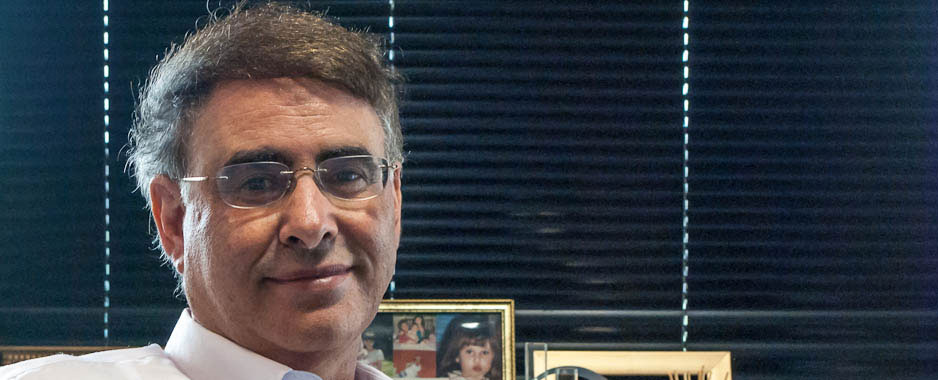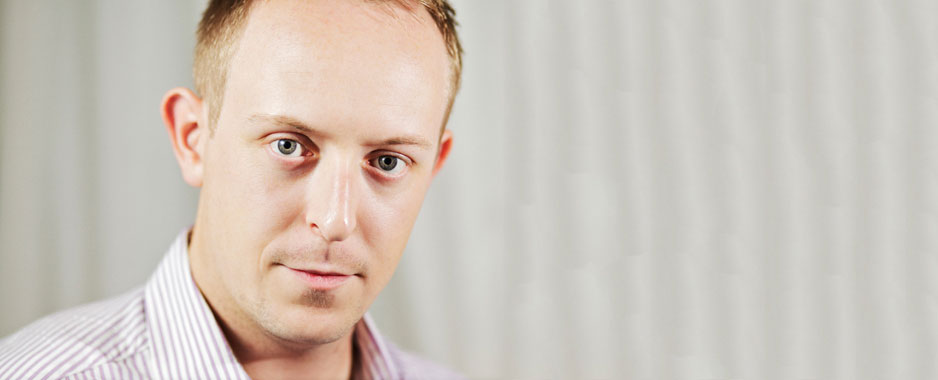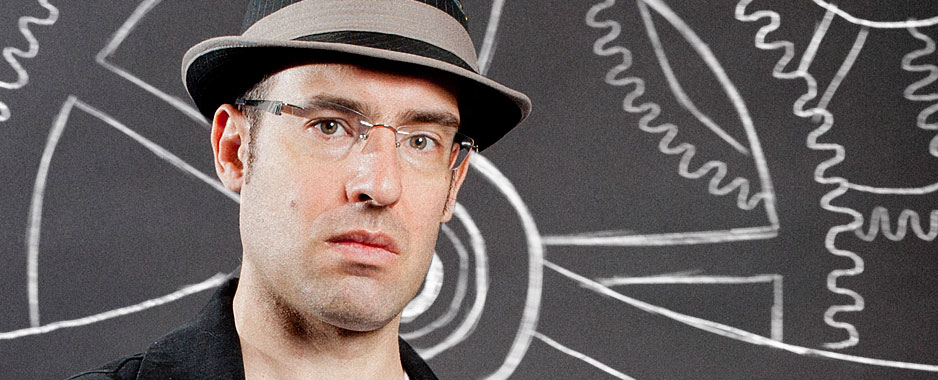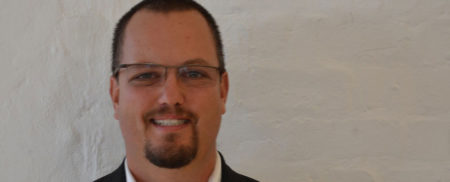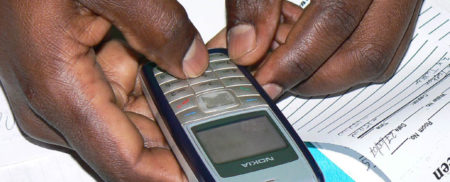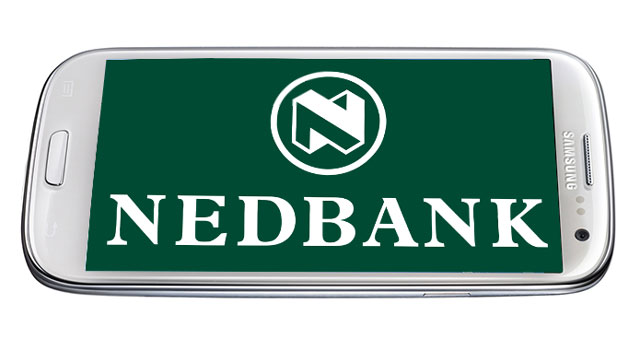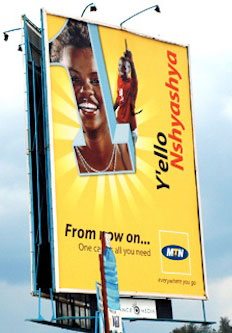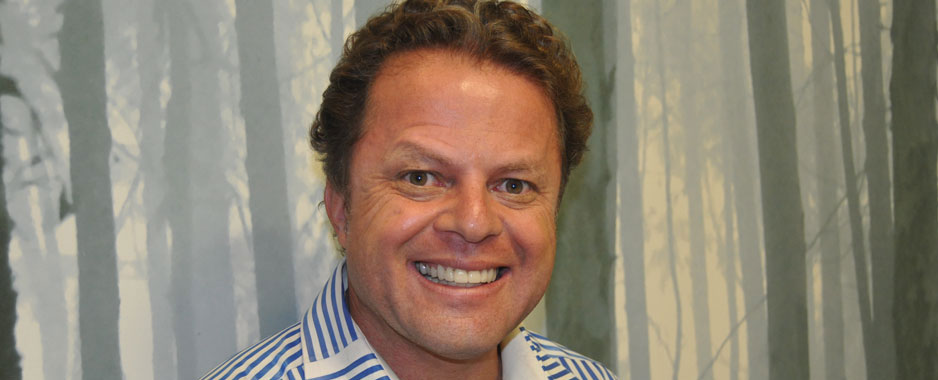Asher Bohbot, CEO of fast-growing JSE-listed IT services group EOH, arrived in SA from Israel at the age of 27. Born in Morocco but raised in Israel, today Bohbot heads up one of SA’s largest and most respected IT companies as an engineer turned businessman who believes work life and personal life are all part of the same life
A California court has ruled in Apple’s favour in its patent-infringement case against Samsung. Slapped with a fine of US$1bn, and facing the possibility of having some of its products banned in the US, Samsung will almost certainly appeal against the decision. But with Apple’s own history of pilfering ideas, is an iron-fisted
UniForum SA, trading as the ZA Central Registry (ZACR), has proposed a shake-up to the popular .co.za domain space, including a 50% increase in annual fees payable by domain registrants. It’s also proposed that those who don’t pay their annual renewal fees within 60 days of them
The way we use computers has remained largely unchanged for nearly 40 years. Even with the advent of touch screens and tablets in the past 10 years, we have only experienced a slight modification of the familiar point-and-click paradigm. Efforts to improve the user interface have largely focused on making the content
The Apple-Samsung trial had been running in the San Jose, California, federal court for four weeks, although the saga has been brewing for a lot longer with the two companies going at each other hammer and tongs for years now. The verdict, handed down on Friday, is by far the
Former Nashua ECN CEO John Holdsworth said on Monday that he would appeal against a judgment in the high court in Pretoria that found he had breached his restraint of trade and actively solicited employees and customers of his former employer in launching his new company, AppChat. On Friday, high court
After switching off interconnection with state-owned mobile operator NetOne, Zimbabwe’s largest mobile operator, Econet Wireless, has been forced to reverse its decision by the Southern African country’s high court. Econet claims it is owed US$20m by its rival. Econet cut links with its rival last Thursday, claiming NetOne had
Nedbank has finally launched its mobile banking application, although only on Android-powered smartphones for now. The app, known as the Nedbank App Suite, has been available to the bank’s staff since the end of June and can now be downloaded from Google’s Play Store. The Nedbank App Suite includes online
The labour court in Johannesburg this week heard testimony of multimillion-rand corruption at cellphone company MTN, according to a report on Sunday. The case revolves around an allegation by former MTN legal adviser Violet Magagane-Malao that the company was sweeping her claims of corruption under the carpet
AppChat founder and former Nashua ECN CEO John Holdsworth has lost a high court battle with ECN parent, the JSE-listed Reunert group. Judge Selby Baqwa found that Holdsworth breached his restraint of trade and actively solicited employees and customers of ECN in launching AppChat. In the 22-page judgment


